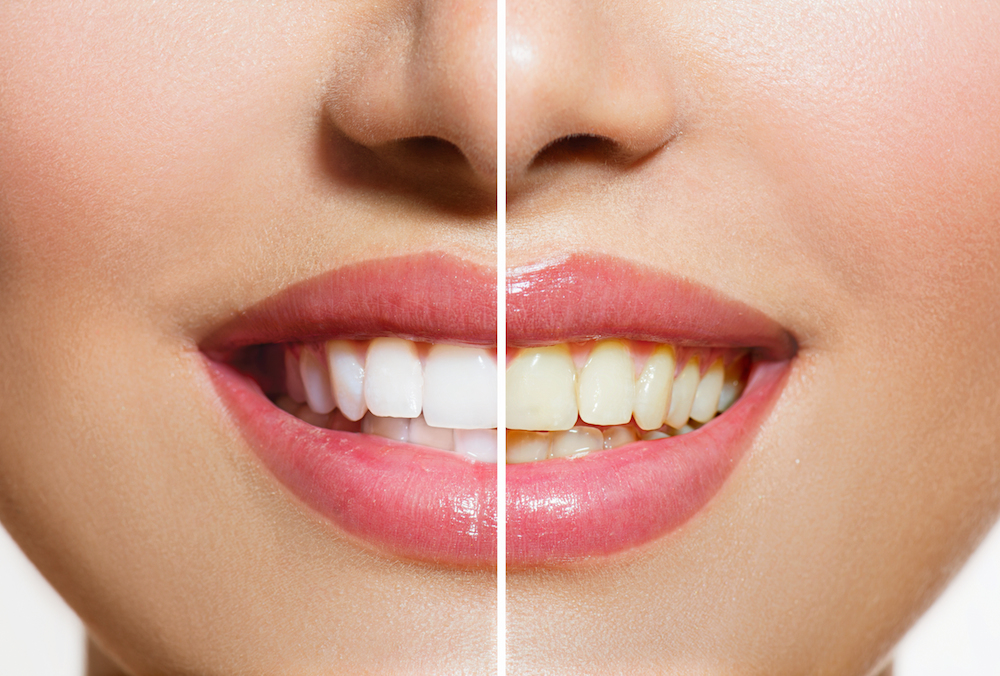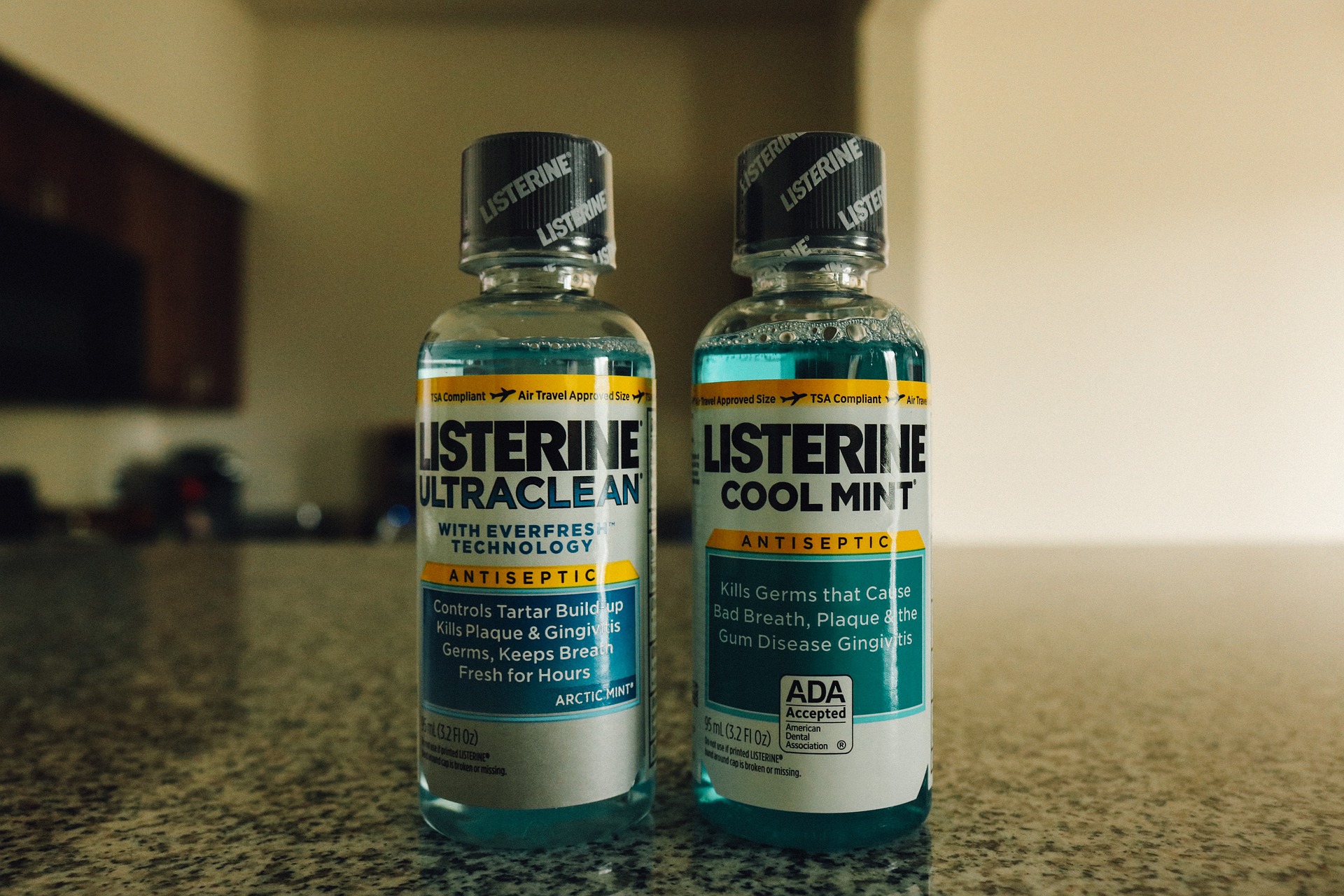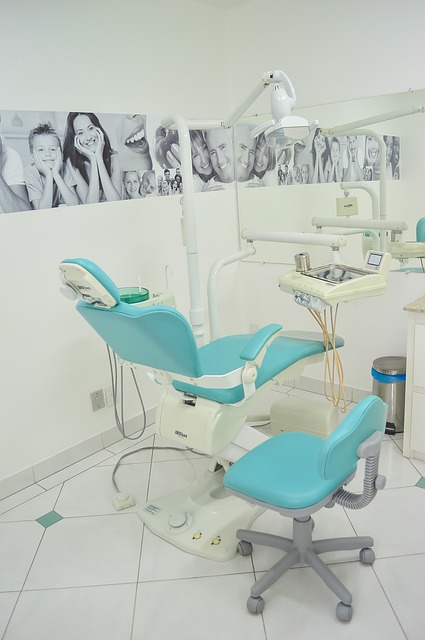Clearing up misconceptions about oral health can help improve personal oral hygiene efforts for a beautiful and healthier smile. If you keep up with your oral hygiene regimen, dental visits are significantly easier and dental care is more manageable.
Misconception #1 – My teeth are fine if I have no pain
Tooth decay (cavities) usually doesn’t cause pain until they become very severe. Once it gets to this stage, the amount of decay could lead to more invasive and costly treatments. Some of the most dangerous oral disorders, such as oral cancer and gum disease, typically don’t cause pain at all. It is important to keep up with scheduled dental appointments. Our dentist in Columbus can diagnose problems even at its earliest stages when there is no pain.
Misconception #2 – Cavities are only caused by sweets
When you eat sweets, the bacteria in your mouth start consuming it and produce acid. This acid dissolves the enamel of the tooth, which results in tooth decay or cavities. However, this process happens when you eat anything that is a starch or carbohydrate. Food and snacks, such as crackers, bread, potato chips, fruit, peanut butter and pasta, have the same effect on your teeth.
Misconception #3 – If my gums bleed, I should stop flossing
Bleeding gums are often the first sign of gum disease. This happens when bacterial infections inflame your gums due to a lack of efficient cleaning. With regular brushing and flossing, gums will be much healthier and should rarely bleed. However, gum inflammation can occur despite best oral hygiene habits. In such instances, you should see improvement if you rinse with warm salt water and continue to brush and floss.
Misconception #4 – Whiter teeth are healthier teeth
Healthy teeth come in a wide range of natural shades. Whiter teeth cannot show if there is an infection or cavity between the teeth. Although pure white teeth do not equate to healthier teeth, they should still be naturally on the whiter side.
Misconception #5 – Children are more prone to tooth decay
Tooth decay (cavities) can develop at any age. People assume children have poor brushing habits and are more prone to tooth decay. Cavities form when bacteria cause a loss or weakening in tooth enamel and eventually decay forms a hole in the tooth. This is usually seen in people with poor brushing and flossing habits, regardless of age. Excellent oral health promotes overall good health and is definitely not a misconception. It is important to practice good oral hygiene habits. If you have any questions regarding your dental health, please contact our Columbus, NE dental office.

















